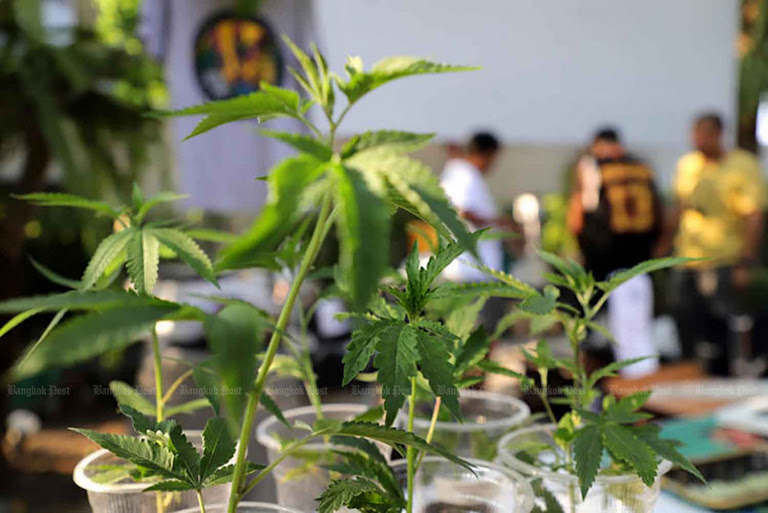Thailand Ends Free Cannabis Policy, Demands Medical Certificates Now
New rules requiring medical certificates within 40 days signal stricter control, prompting concerns about access, economics, and potential black market growth.

The road to cannabis legalization—or perhaps more accurately, decriminalization—is rarely a straight line. Just ask Thailand. After nearly three years of a relatively liberal cannabis policy following decriminalization, the country now appears poised to dramatically reverse course. A new Public Health Ministry initiative, detailed in this Bangkok Post report, would require cannabis users to obtain medical certificates, effectively relegating cannabis use to medical purposes only.
This move isn’t simply a tweak; it represents a fundamental shift in the underlying philosophy guiding Thailand’s approach to cannabis. The initial decriminalization aimed to unlock economic opportunities and provide broader access for medical applications. Now, the pendulum is swinging back toward stricter control, driven by concerns—real or perceived—about recreational use and potential public health consequences.
The backlash has been swift and predictable. Daycha Siripatra, a traditional medicine practitioner, voices a common concern: that the policy was formulated without adequate input from stakeholders. This raises a crucial question: Who gets to decide the future of cannabis policy? Is it solely the purview of modern medical practitioners, or should traditional healers, patients, and business owners also have a seat at the table? The perception that this decision-making process is closed off fuels resentment and undermines the legitimacy of the policy.
Panthep Puapongpan, dean of the College of Oriental Medicine at Rangsit University, highlights another critical issue: the potential for conflict of interest and the bias towards conventional pharmaceuticals among some modern medical practitioners. This suggests a deeper tension between different approaches to healthcare and the role of cannabis within those systems. Are we creating a system where access to cannabis is unnecessarily restricted by the preferences and priorities of a specific medical establishment?
Here are some key considerations arising from this proposed policy shift:
- Access Disparities: Will the requirement for medical certificates create barriers to access, particularly for those in rural areas or with limited financial resources?
- The Black Market: As Puapongpan notes, overly restrictive regulations could inadvertently drive people back to the illegal market, undermining any potential benefits of regulation.
- Home Cultivation: The policy’s impact on individuals growing cannabis for personal medical use remains unclear, creating uncertainty and potentially jeopardizing self-reliance.
- Economic Impact: The cannabis industry has attracted significant investment. This policy shift could trigger substantial economic losses and stifle innovation.
The policy’s architect, Public Health Minister Somsak Thepsutin, aims to implement these regulations within 40 days. Dr. Somlerk Jeungsmarn, director-general of the Department of Thai Traditional and Alternative Medicine, emphasizes that cannabis use should be limited to treating specific conditions with restricted dosages. This focus on medical necessity signals a clear intent to curtail recreational use and maintain strict control.
It seems the core tension in Thailand’s cannabis policy stems from trying to shoehorn a complex plant with diverse potential uses, both recreational and medicinal, into a system that struggles to reconcile these aspects. A narrow focus on strict medical application risks disenfranchising those who have found other benefits from cannabis and potentially creating unintended consequences.
Ultimately, Thailand’s experience serves as a cautionary tale for other countries considering cannabis legalization or decriminalization. It underscores the importance of engaging diverse stakeholders, addressing potential conflicts of interest, and carefully considering the unintended consequences of policy decisions. The path forward requires a nuanced approach that acknowledges the complexity of cannabis and its potential impacts on public health, economic opportunity, and individual liberties.









